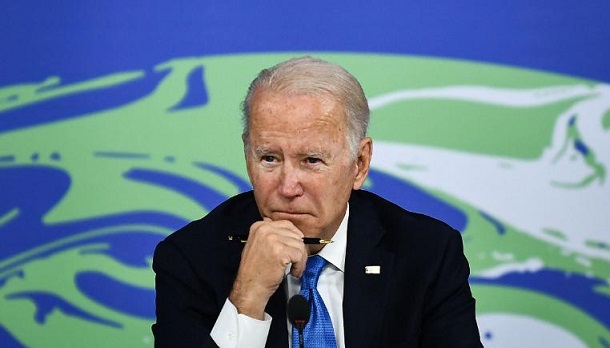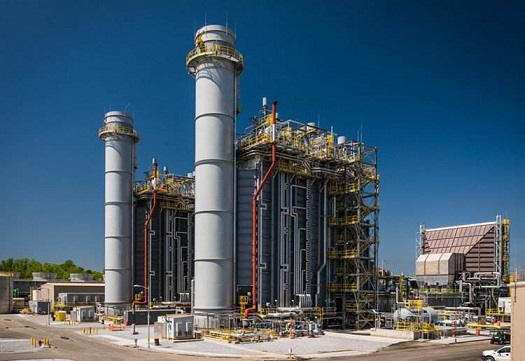Sen. Joe Manchin's stunning reversal on a clean energy package has suddenly put Democrats in a position to pass the largest climate investment in US history, and by far the biggest legislative win for the environmental movement since the Clean Air Act.
Wednesday night's surprise resurrection of a deal on $369 billion worth of climate and energy text between Manchin and Senate Majority Leader Chuck Schumer was a turn of events for critical climate measures that have died several times in the past year.
Throughout it all, the package has hung on Manchin's vote, and the West Virginia Democrat had a strong hand in the climate and energy provisions. His influence is felt in some provisions that promote coal, oil and natural gas -- in a package that is ostensibly poised to incentivize renewable energy like solar and wind.
But despite the concessions on planet-warming fossil fuels, analysis from Schumer's office suggests the measures would reduce US carbon emissions by roughly 40% by 2030, putting President Joe Biden well on his way to achieving his goal of cutting emissions in half by 2030.
This package, if approved through the Senate's reconciliation process and passed by both houses of Congress, would be more than a massive legislative win for Democrats ahead of the midterms; it would help put the US back in a global position to lead on climate alongside the EU.
"By a wide margin, this legislation will be the greatest pro-climate legislation that has ever been passed by Congress," Schumer said in a statement Wednesday night. The agreement also got a seal of approval from Biden, who called it "historic" in a statement.
Climate groups that despaired about the lack of Congressional climate action were surprised and mostly elated at Manchin's turnaround on Wednesday night. Some groups are wary of Manchin's demands on fossil fuels, including a provision that would mandate leasing public land and water for drilling before any could be used for renewable energy.
Still, climate hawks in the Senate seemed ready to vote for the bill whenever it comes to the floor, saying the power of incentives for electric vehicles and renewables was too good to pass up. Schumer said he expects to bring the bill to the Senate floor next week, before lawmakers head home for August recess.
It's coming not a moment too soon. Parts of the US, including the Pacific Northwest, are suffering under a punishing heatwave. Earlier this week, St. Louis was inundated with a record amount of rainfall, causing widespread flash flooding and killing at least one person. And more flooding hit Kentucky on Thursday. Just as it is causing global temperatures to rise, the climate crisis also plays a role in extreme rainfall events.
Lawmakers and advocates hope the spending package can start to turn the tide on the climate crisis.




